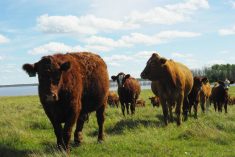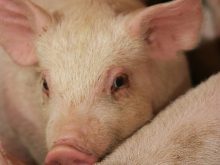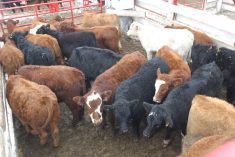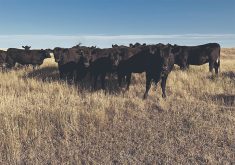OTTAWA — The Canadian beef industry wants to remind negotiators to do no harm when revising the North American Free Trade Agreement.
“We want to make sure everyone understands that as far as the Canadian, American and Mexican beef industries are concerned, NAFTA has been very good for us. The top priority is to keep what we have and not fall back,” said John Masswohl of the Canadian Cattlemen’s Association.
The eighth round of negotiations is expected to start soon and so far, there has been a different tone to the conversation, he said at the CCA annual meeting in Ottawa March 21-23.
Read Also

Beef check-off collection system aligns across the country
A single and aligned check-off collection system based on where producers live makes the system equal said Chad Ross, Saskatchewan Cattle Association chair.
The United States has claimed there is a trade deficit between the two countries but that is not the case for agriculture products.
“Whether you have a trade deficit or a trade surplus is not the fundamental objective of a trade agreement. It is how you both benefit,” said Masswohl at the CCA foreign trade committee.
“Usually trade negotiations work by trying to find mutual benefits for both sides. So this has been very different from that perspective,” he said.
Agriculture trade is balanced but the question of surpluses and deficits is a matter of how numbers are analyzed.
There is $1 billion a week in two-way trade, said an official from the U.S. Department of Agriculture.
The balance of trade in agriculture is probably affected more by the exchange rate than anything else, she said.
The top exports from the U.S. to Canada were meat, fresh and processed fruits and vegetables, snack foods, soft drinks and prepared foods.
However, there is general agreement that modernization on regulatory issues and movement at the border is needed.
For example, a long-running complaint from Canadian meat exporters is the dispute over re-inspection.
Canadian meat going to the U.S. may be inspected a second time at American border facilities but this does not happen with American meat entering Canada, said Dennis Laycraft, executive vice-president of the CCA.

















